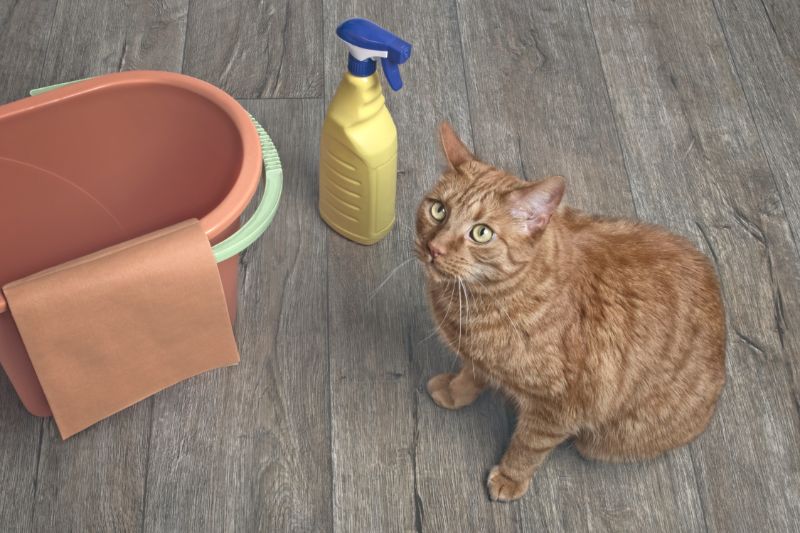Safety Through Stashing: How to Safely Store Pet Toxins

We live with a wide variety of hazards in our midst, from household cleaners to automotive fluids, toxins are a-plenty in our homes.
There is a reason why there are warnings on the side of the packaging, as each year hundreds of thousands of poisonings take place. You may even have several child-proof locks, systems, and set-ups that keep children away from hazards in the home, yard, and garage. But what about pet-proofing your home?
Safely storing pet toxins is an important component in protecting your pet from poisoning. To learn more, your team at Animal Medical Hospital & Urgent Care is here with some helpful tips and recommendations.
8 Tips to Safely Store Pet Toxins
- Store chemicals in the container they came in. It is easy to forget what you have in certain unmarked containers. When chemicals are left lying around, you may wonder what they are later. Store your chemicals in their original container that’s labeled, tightening them so that they cannot easily be removed.
- Stash them in child- and pet-proof lockers. Designate a locker or storage shed for these household hazards. Make sure curious kids or pets cannot access this area by locking them or using a secure latch. Be cautious about how you store reactive chemicals together, though.
- Hang up purses and backpacks. Many bags contain medication, gum, candies, and other toxins that harm pets. Your pet’s nose can uncover just about any delicious or unusual smell, so keep them safe by hanging bags on hooks or in the closet.
- Use latches on kitchen and bathroom cabinets. A child-proof lock is the perfect choice for preventing a household cleaner pet emergency. Use these liberally, wherever you have hazards in cupboards that can easily be opened by pets.
- Clean up spills immediately. Whenever there is a chemical spill or if your auto is leaking fluids, clean this up using kitty litter or sawdust, which absorbs the spill, then sweep up the debris and put it into an outdoor trash bin.
- Never use rodenticides and rat bait. These harmful rat and mice killers poison thousands of pets annually, as well as other animals who come across them.
- Store chemicals out of sunlight or heat. Over time, the effects of high temperatures can corrode the plastic containers and cause leakage. Throw out any old paint, paint thinner, cleaners, and other hazards, as well as store any containers in a temperature controlled area.
- Be careful using fertilizers and insecticides. Many green thumbs assume their pets won’t get into these items, but they do. Switch to natural fertilizers, pet safe pesticides, and nontoxic additives that aren’t harmful to furry friends.
If you have any additional questions on how to safely store pet toxins, please do not hesitate to contact us. We are here to help you make the important steps to keep your pet safe from noxious spills and chemicals.
